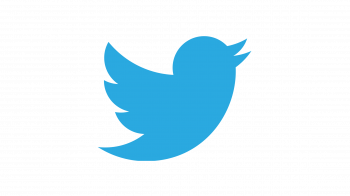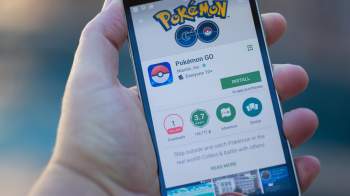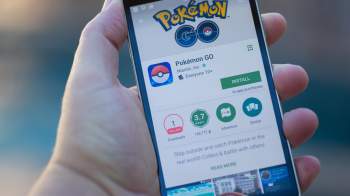The future of gaming: mobile, augmented and built on micro-transactions?
Posted on Tuesday 01 February 2022 | Timothea Horwell
Timothea Horwell, Research and Marketing Executive at Weve takes a look at the future of gaming following the success of Pokémon Go.
A month on and as the dust settles, the novelty wanes, and it becomes less socially acceptable to chase a Pikachu down the street on your lunch break, we look at the future of gaming: mobile, augmented and built on micro-transactions.
As a game, it's been hard to ignore. As a concept, it's been near impossible; nothing has caused a media frenzy of this scale in quite some time, not even Brexit. Whatever your view on Pokémon Go, its impact in the last month has been undeniable. With more daily users than Twitter at one point, 100 million downloads and counting, and enough articles written about it to put Kim Kardashian to shame, Pokémon Go tapped into something in the zeitgeist to become the most popular mobile game of all time.
Japanese developer Konami recently stated that the future of video gaming is mobile, and Weve’s 2016 Mobile Entertainment Research concurs that attitudes towards gaming are indeed changing: 13% of self-confessed ‘Avid Gamers’ download games solely onto a mobile device and this is expected to rise over the coming years. With smartphone penetration at 66% among UK adults (rising to 90% among 18-24-year-olds), a penetration rate traditional consoles could only dream of, it’s easy to see why developers are becoming increasingly mobile-centric.
Nostalgia, clever marketing or perfect timing? For those who have been living under a geo-dude for the last month, players are designated as trainers with the goal to ‘catch ‘em all’ and train their Pokémon up to battle against other teams. Your smartphone’s GPS is used to map where you are in the real world, with wild Pokémon tied to geographical features around you. Pokémon Go’s success could be partially attributed to its distinctly unique application of today’s mobile handsets' integral functionalities, from the accelerometer and gyroscope to its streamlined application of augmented reality, but location has been the key in bridging the gap between the online and offline worlds.
Having reached a peak, the chase for these eponymous monsters is becoming less rewarding and exponentially more difficult to level up as the game progresses. As is the nature of these ‘free-to-play’ games, it gets harder to avoid the lure of spending real-world money on Pokécoins to speed up your progress in the game and it seems geared up to increasingly encourage in-app purchases the more you play. Unlike other aggressively-monetised, freemium behemoths however, you can still play the game without buying a single coin, the store is fairly unobtrusive, and the items in the shop are more about convenience and enhancing the way you play than removing awkward barriers.
Still, this hasn’t stopped Pokémon Go from breaking the existing record to become the highest grossing mobile game in its first month, generating a groundbreaking $206.5 million (almost three times Clash Royal’s previous record of $80 million) despite still not having been officially released worldwide. Through Charge to Mobile, Telefonica’s direct carrier billing that allows O2 customers to pay for items in the Google Play Store, there has been an unprecedented 30% increase in overall transactions in the last month for Pokécoins alone, and an additional 30% increase in new customers using the Charge to Mobile service. Consumers aren’t the only ones buying Pokécoins; businesses have been capitalising on lures and Poké-stops to drive footfall to their locations, while each iteration of the game is expected to increasingly monetise sponsored locations, offers, and rewards.
So whether you’re Pokémon Go, Pokémon No, or just don’t care anymore, there’s no doubting Pokemon is evidence of significant change to the gaming landscape, staying afloat with the help of high levels of mobile phone usage and micro-transactions.
Related content
CTV & gaming projected to deliver over £4bn in annual digital ad spend by 2026
Learn moreTwitter debuts augmented reality
Learn morePokemon Go really does "catch 'em all"
Learn morePokémon Go breaks new records
Learn more
Fast forward to 2030 with Futurescape
An in-depth exploration of the attitudes, innovations and media shifts that will shape the years ahead and redefine how we advertise by the turn of the decade



